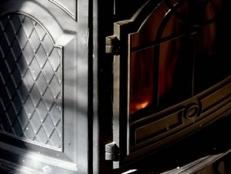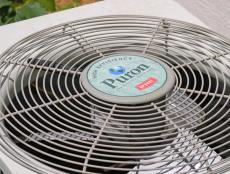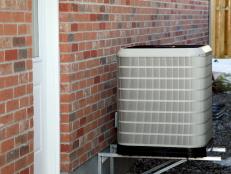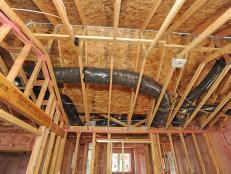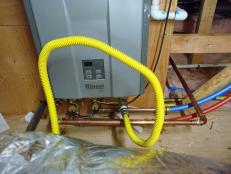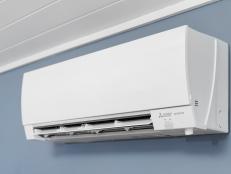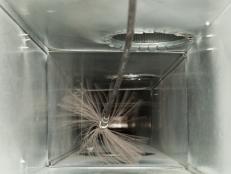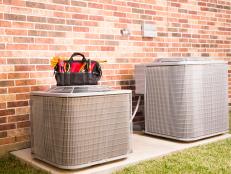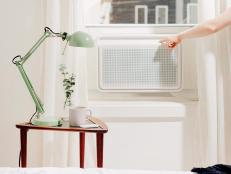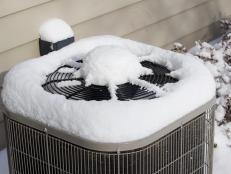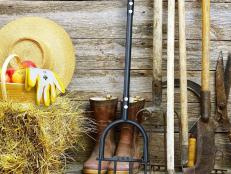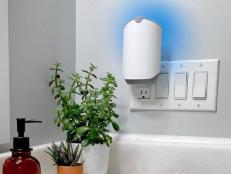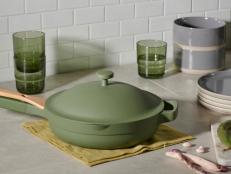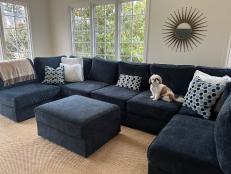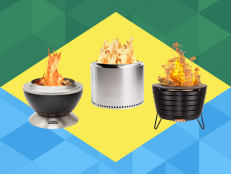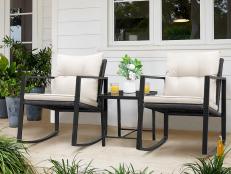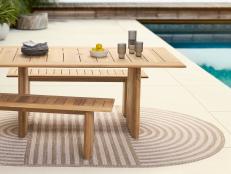10 Key Features of HVAC Systems

Comstock
It's probably not news to you that, while the first considerations when buying a new home are usually the plumbing fixtures, cabinets, countertops or floor treatments, the heating and cooling system is often the feature with which most people are dissatisfied after they've lived in the home for a while.
The following is a checklist of the most important features of an HVAC system for a new home. If it saves you even one callback, it's be worth the time to read it and remember its points:
- The design and type of ductwork. If the ducts aren’t sized and balanced properly, the home will never be comfortable. Externally insulated round ducts are the most efficient; long runs of flexible duct are the worst.
- The refrigerant. Federal law requires R-22 to be phased out in 2015; what little that remains available for servicing after that will be very expensive. I recommend systems that use the environmentally friendly R-410A.
- Balance dampers in the ductwork. The worst and noisiest place to adjust the amount of heating and cooling coming into a room is at the diffuser grille. Balance dampers should be installed some distance from the diffusers and be balanced by a qualified technician with the proper tools.
- Location of the indoor unit. Attic-mounted furnaces will eventually leak and cause ceiling damage, unless you take special design precautions, such as a secondary condensate pan and drain line to the exterior. Furnaces mounted in closets at floor level are less prone to cause leaks and water damage, and they are much easier to service.
- Location of the outdoor unit. The worst places to locate outdoor (condensing) units are where they can be seen and heard, such as outside a bedroom window; where they can be easily damaged; or under the edge of an un-guttered roof.
- Efficiency. As of January 2006, the minimum allowable efficiency for new air conditioners will be 13-SEER. (The minimum limit in 2005 is 10-SEER.) Think of it as miles per gallon: the higher the SEER, the lower the utility bill. In fact, some air conditioners (those rated close to 20-SEER) can cost half as much to run as those with the current minimum limits.
- A filter dryer. Installing a filter-dryer in an air-conditioner liquid line (the smaller one) always extends the compressor life by removing damaging moisture and any grit.
- The condenser (outside) coil type. Coils that are made of a single metal (such as aluminum coil and aluminum fins or a copper coil and copper fins) last longer and hold their efficiency better. This becomes especially critical in mildly corrosive environments; specially coated coils should be used where salt spray is encountered.
- Return-air considerations. Remember that in order for conditioned air to enter a room, an equal amount of air must be able to leave the room. Otherwise, there'd be no space for the conditioned air to occupy. The ideal condition here is for each room to have an entering-air diffuser and a return-air diffuser. However, this extra expense can be eliminated if you add transfer grilles or jump ducts sized at 300-400 fpm.
- Air-filter location. Air filters should be located where they are easy for the homeowner to reach. Since the filters should be replaced about every three to four months, the homeowner should be able to find the location and replace the filter with minimum effort and searching.






